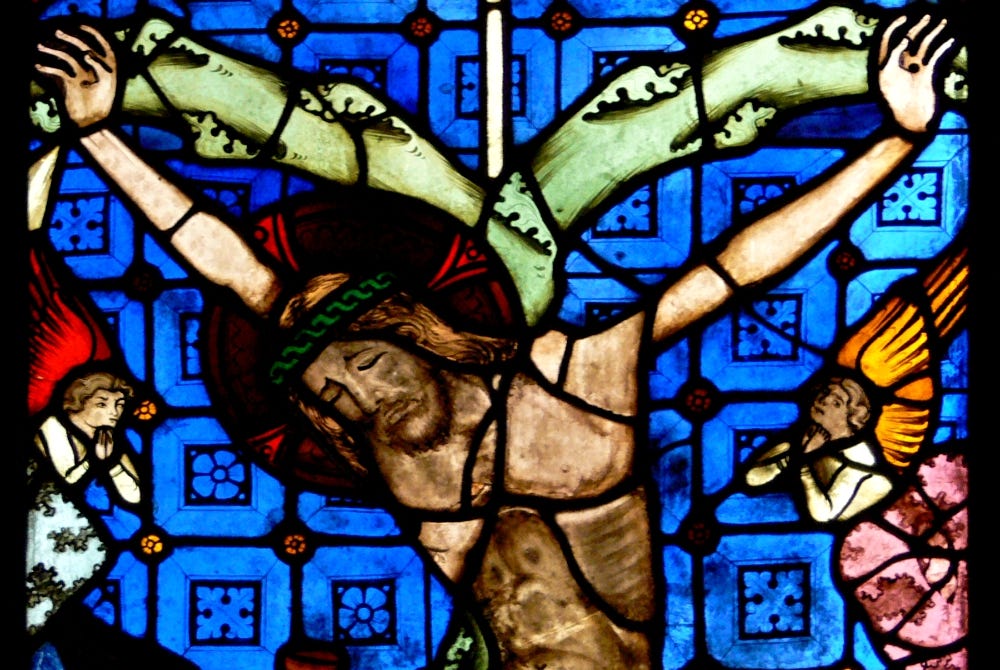At the beginning of Holy Week, Christianity Today published an article on the crucifixion that caused a firestorm.
In the article, Daniel Silliman described the work of a Bible scholar who has proposed the possibility, based on historical research, that Jesus was fastened to the cross by rope rather than nails. Of course, such a theory must ignore or discount the testimony offered in the Gospel of John (along with a few other Scripture passages), which describes the disciple Thomas asking Jesus if Thomas could touch “nail marks in his hands” before he would believe Jesus was truly resurrected.
Realizing the implications of the scholar’s alternative account for biblical inerrancy, Silliman admitted his error and apologized.
In his apology, Silliman explained that his research into the topic of Christ’s crucifixion was driven by his curiosity about an event that is hard for most of us in the modern world to imagine, and just how such torture was actually carried out.
Many events narrated in the Bible can be accepted as literally true and yet be incredibly difficult to conceive, especially given Scripture’s characteristically minimalist approach to detail. (Clearly, what the Bible’s divine author finds important is not always what inquiring human minds want most to know.)
Yet, while certain details of many of the Bible’s stories are omitted, God gave human beings imaginative powers by which we might better comprehend the truths of his words and the power of the stories therein. Just as doctrines, creeds and systematic theologies are built out from the bare bones of Scripture, so too works of imagination — art, poetry, sculpture, music and drama — help us better comprehend its truths…
Read the rest here.





An excellent example of "both/and" rather than "either/or". Nails and rope, reason and imagination.
I saw the first CT headline and thought immediately of that scene with Thomas in John's Gospel, so I didn't bother to read it. Silliman's apology that he had forgotten about the story of 'doubting' Thomas is emblematic of a phenomenon I have observed often in recent years, of leading Christian figures who make assertions while seeming to be totally ignorant of contradictory information in the Bible. I first noticed it around Old Testament history, usually details of stories that got scrambled. More recently, though, I've been seeing it in relation to the basic teachings of Jesus Christ, and that is much more worrying.
The York mystery play sounds as alternately creative as any modernistic theatre production.